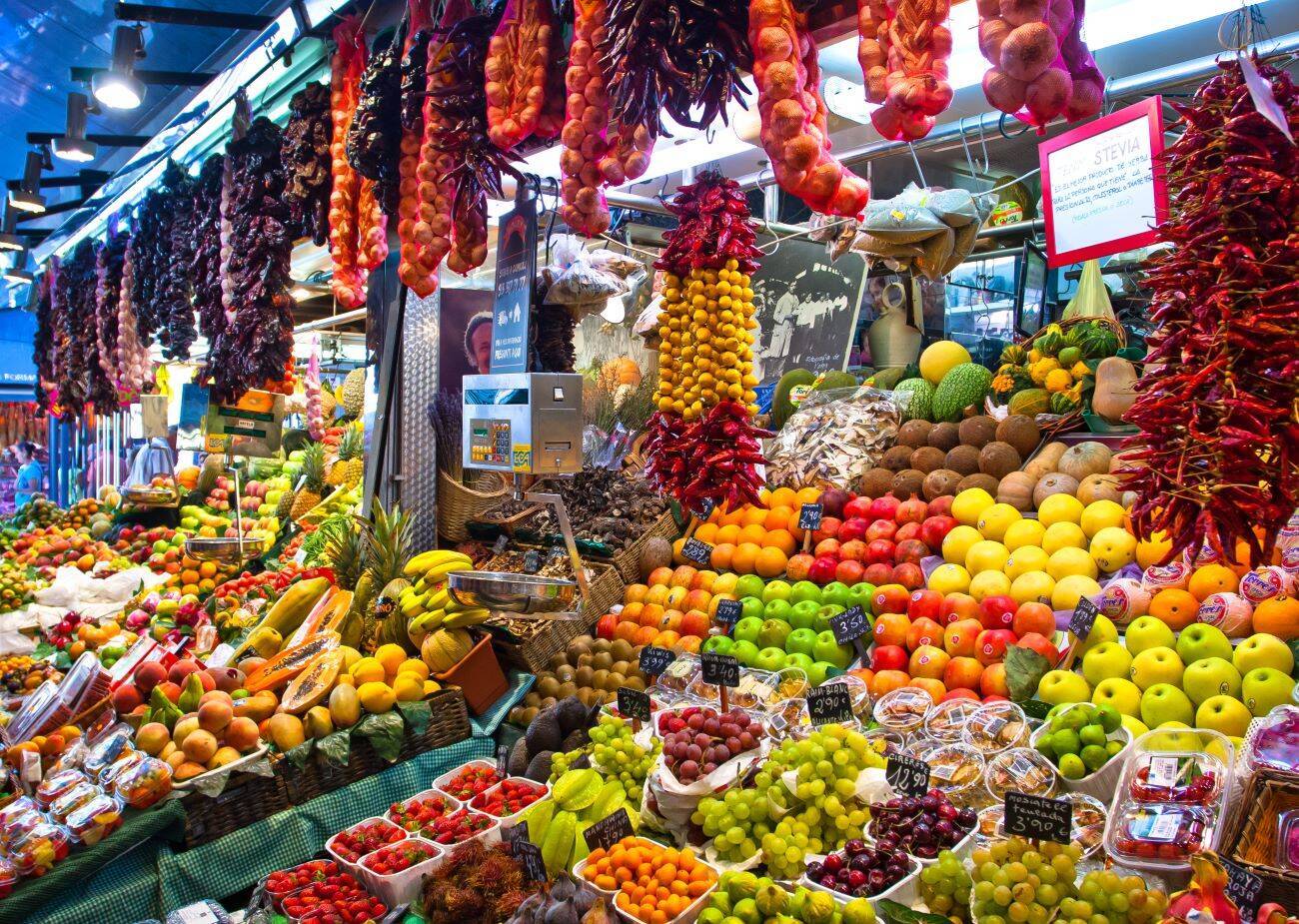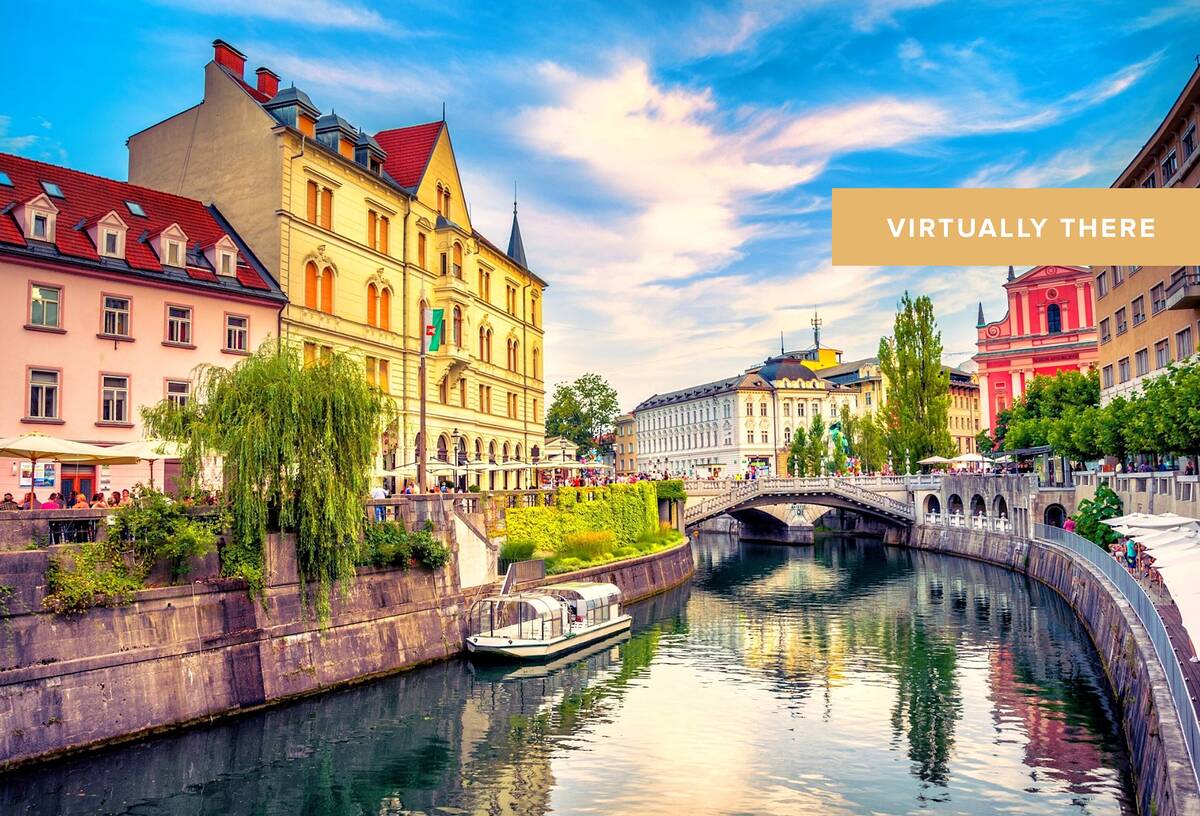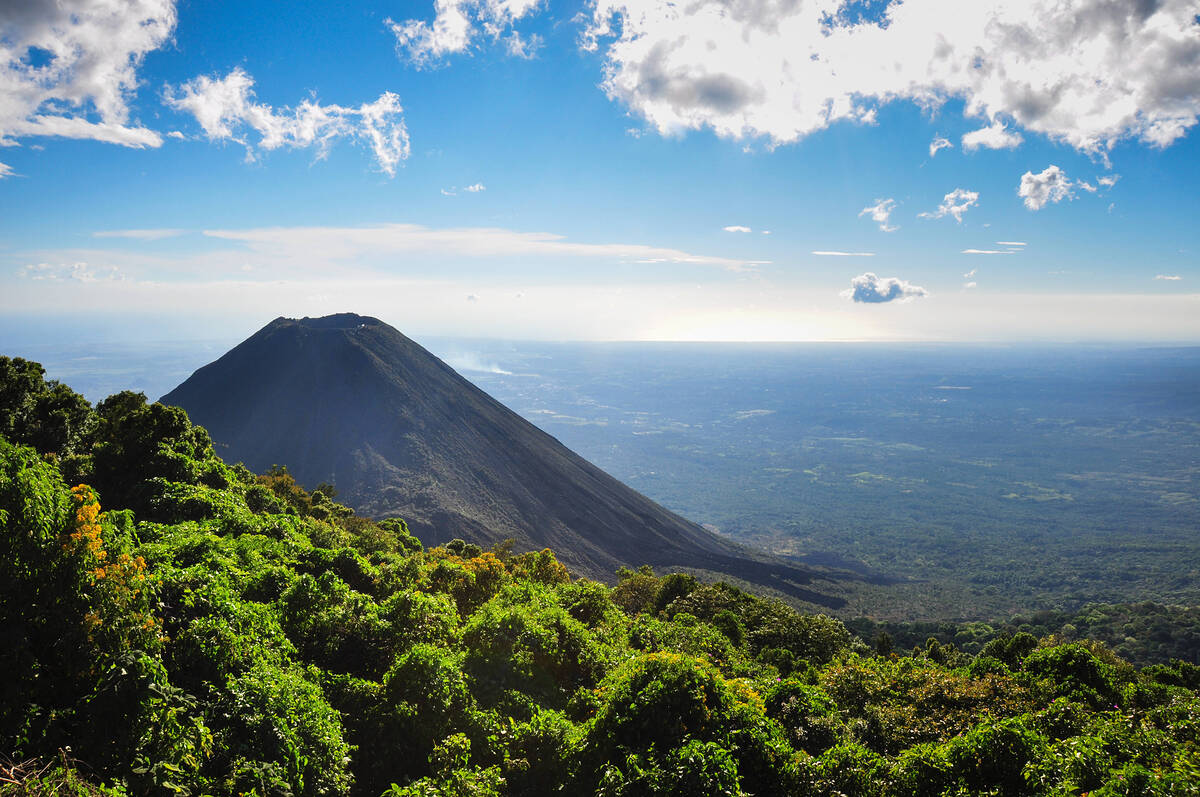Choose an eco-friendly hotel
When researching accommodation for your next trip, get in touch with the resort, hotel or guest house to inquire about their approach to environmental sustainability. Ask them if they use renewable energy sources like solar or wind power. Is their waste recycled or composted? Do they use energy efficient appliances as well as lighting, heating and cooling systems? How do they cut down on water waste? Do they have a rainwater harvesting system in place and is grey water recycled?


























Comments